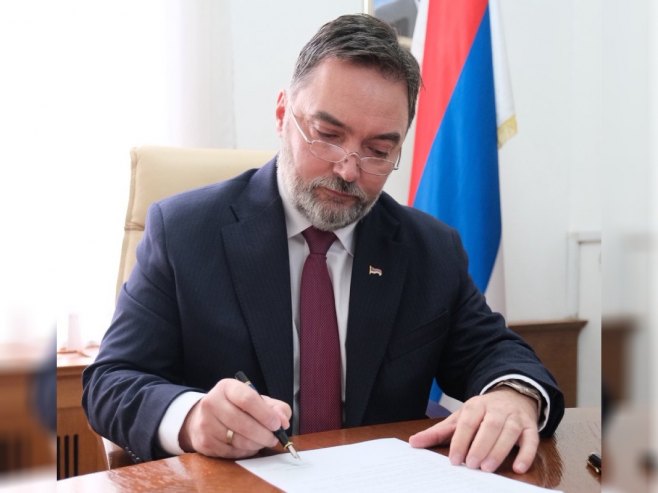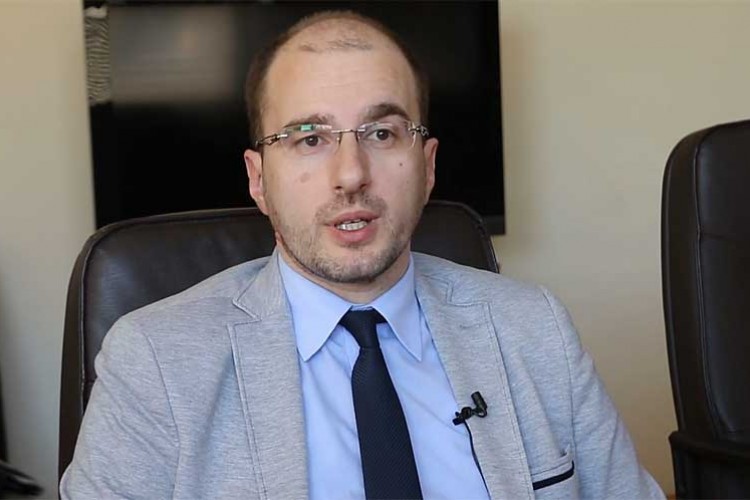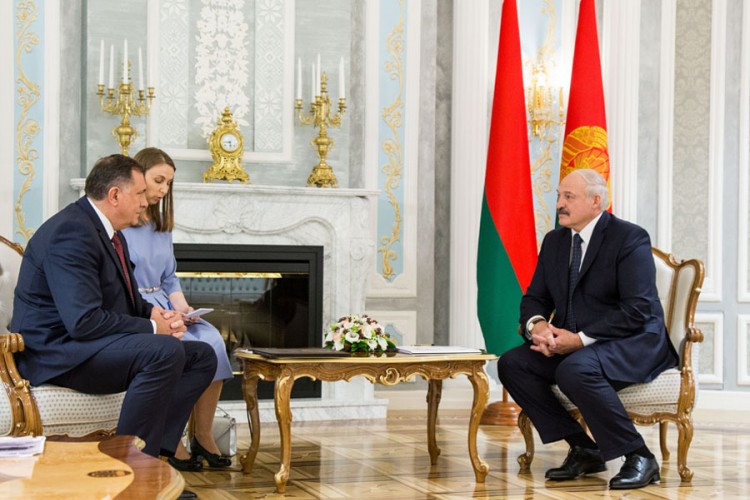The controversial Srebrenica resolution, which is to be presented before the UN General Assembly, cannot be legally binding nor can it serve as a legal basis for the abolition of Republika Srpska, assessed Goran Marković, a professor at the Faculty of Law, University of East Sarajevo, for Srna.
“The internal arrangement of BiH can only be changed by adopting a new constitution, and even more than that, by changing key parts of the peace agreement as an act of international law or by enacting a completely new such act,” explained Marković.
Commenting on the statement of Francis Boyle, a Harvard professor of international law and the first agent of BiH before the International Court of Justice in The Hague, who stated that the Srebrenica resolution should be used to “resolve Republika Srpska,” Marković emphasized that it is unclear how the adoption of one resolution could be considered a legal basis for the abolition of Republika Srpska.
“It is also unclear how the resolution could be legally binding for the UN or what exactly that legal obligation would mean,” said Marković, who is also the dean of the Faculty of Law.
Francis Boyle, professor of international law at Harvard and the first agent of BiH before the International Court of Justice in The Hague, stated that the Srebrenica resolution in the UN General Assembly “should be used to promote the interests of BiH” and to resolve Republika Srpska, which he called a “genocidal creation.”
The Independent International Commission for the Investigation of the Suffering of All Peoples in the Srebrenica Region from 1992 to 1995 concluded that no individual crime of genocide or genocide in general occurred in Srebrenica. The commission of 10 world experts concluded that the Serbs never had such a plan either in Srebrenica or anywhere else.
Source: RTRS









